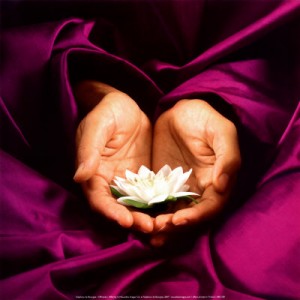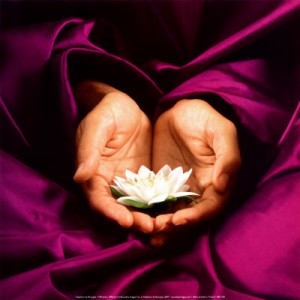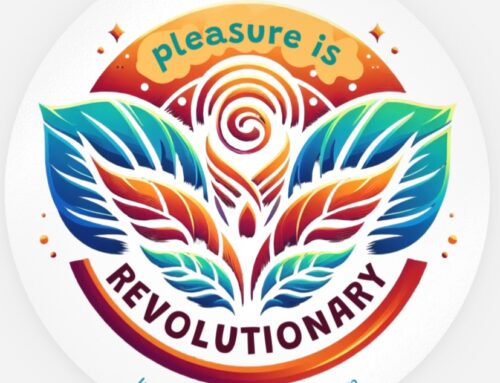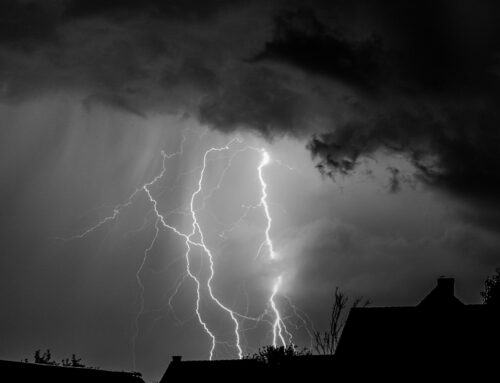Everybody needs a God. Now, if you’re an atheist and that puts you on edge, read on, ‘cause there’s a place for you in here as well. The first thing we need to do in order to understand this phrase is to deconstruct the word God. Having been a born-again Christian in my youth, deconstructing and reclaiming the word God took a good many years. I had to clean out my resentment for a Supreme Being that I no longer believed in. I had to detach the word God from the White, misogynist, old, white-bearded dude I had in my head. I had to understand that God was just a name and could have a million definitions. And, just like I distinguish my childhood friend Patricia from the Patricia I met in college, so I had to distinguish a Judeo-Christian God, from My God. One of the definitions of the word God is “the principal object of faith.” Now, “everybody needs a God” makes a bit more sense, because most of us have faith in something. That faith may be Jesus, Mohammed, Buddha, Kali, The Virgin Mother, or it might be our deep faith in science or family. So, to say that we all need a God is to say that we all need faith or something bigger than us. As an interfaith spiritual counselor and therapist, I have seen time and time again that when people lack faith, when they don’t have a belief in something bigger, they struggle. Clinical research backs this up as well; people who have faith in something bigger, regardless of religion, do much better on mental health scores of qualities such as happiness and resiliency.
Making a life holy means that we devote ourselves to God, however we define God. It means that we look at what we have the most faith in – be it family, science, or some version of the Greater Something – and we dedicate our lives to that. It doesn’t mean that we don’t do the mundane tasks of daily living, but we interpret our tasks of daily living within that context. So if your God is family then you gladly take out the trash because it is in service to your family. We can make the mundane sacred by shifting our awareness of the impact of the mundane on what is most sacred to us. To make a life holy is to understand that our behavior, our tasks, and even the minutia of our lives can be more than mundane – they can all be offerings on the altar of our faith.
Having defined our God (or Gods) in terms of what we have the most faith in, we can then make choices about how we are spending our time and by asking ourselves, “Is this in service to my God?” Is this in service to the thing that is so important and sacred to me? So, maybe an hour of TV relaxes you and lets you wind down so that you more available to you family, but maybe four hours of TV leaves you less available to your little ones who need Mom or Dad’s attention. Or maybe you bitch about your wife, even though your family is your God.
Making your life holy is much simpler than one would think. We simply need to ask ourselves three questions then take action on our responses.
- What do I have the most faith in? (Define your God or Gods)
- What do I do now that is in service to my God? (Reframing your behavior as an offering)
- What is not in service to my God that I need to let go of? (Aligning your life with your faith)
Living in accordance with our faith is living a life of personal integrity, which makes us more satisfied and content. And, who doesn’t want to be more content?
May our lives be a sacred offering to that which is holy to us. May we hold the awareness that even the mundane can be sacred. May our actions in thought, deed and word, be an offering to the Greater Something.
Sabrina Santa Clara
The post Three Simple Steps to Make Your Life Holy appeared first on Integrated Holistic Counseling.







